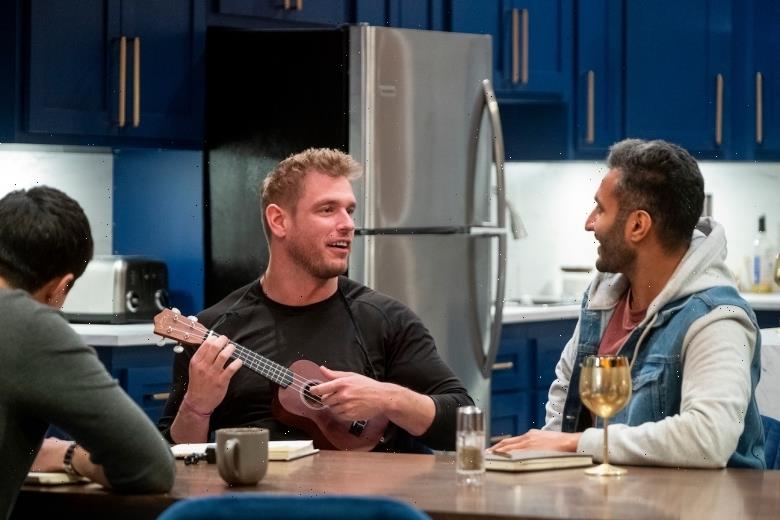Several decades ago, in February 2020, Netflix debuted a new reality TV dating series, “Love Is Blind,” in which men and women are introduced and communicate in a version of speed dating that takes place over 10 days and has potential couples communicating from separate pods in which they can hear, but not see each other. By the end of the pod dates, some couples will have forged a strong enough bond to spur a proposal and, if accepted, the two will meet face to face for the first time. It is, to say the least, wild.
Obviously, high-concept dating shows are far from a recent trend, but “Love Is Blind” is clever, stealing the best bits from its reality forerunners and creating something new, and in some cases, improved, with them. Its closest cultural touchpoint is “Married at First Sight,” a long-running Lifetime series that features couples who marry upon first meeting each other (as one might expect from the title) after being paired together by a panel of relationship experts. From there, the couples live together for eight weeks and have to determine whether or not to continue with the marriage.
On “Love Is Blind,” the professionals are replaced by experts — in this case, the contestants themselves — when it comes to sussing out whether or not they’ll have chemistry with someone else, so much chemistry that they’ll choose to marry that person sight unseen. (It should be noted that both “Married at First Sight” and “Love Is Blind” are produced by Kinetic Content.)
That’s a big enough challenge on its own, but add to it the sense of competition, the idea that someone else might be making a love connection with your love connection, brings high drama to the affair. On ABC’s “The Bachelor” a dozen women might fall for one man, but on “Love Is Blind,” a man could fall for multiple women, all of whom are interested in multiple men, meaning the promise of matrimony might live and die based on the choices someone else makes, three relationships removed. It’s delicious.
It’s also, above all, ridiculous. But ridiculous in a fun way. Participants are over the top in typical reality TV fashion and attractive in reality TV fashion, which is to say, varying levels of objective beauty, all polished to a high sheen and maximum aesthetic appeal, an effect that results in everyone looking as good as they possibly can, with the awareness that they’re never, ever going to look any better than they do in that moment.
“Love Is Blind”
Netflix
Personalities get similarly distorted, theatrics are more theatrical, assholes are more assholish, nitwits have even fewer wits to nit, and yet, there is a very real core of emotional transparency that exists at the core of people who find connection in the pods. They’ve come to the show to find a different way to meet people, one that strips them of the ability to rule someone out based on first (visual) impressions and forces them to dig (at least a little bit) deeper to find common ground.
Another element that “Love Is Blind” has working in its favor is the fact that the show is still so early in its run. The series returned with the first five episodes of its second season on Friday, February 11 and while, yes, there appear to be certain types recurring from the first season — an overconfident blonde here, a second-choice proposal there — the show remains a relatively new beast, cast primarily with people that for some reason think this is their best shot at love and/or notoriety.
Yes, at heart, the series is nothing more than air-spun candy floss, destined to rot your teeth and spike your blood sugar, but it’s so good at being bad that it’s hard to tear yourself away. Nearly every episode ends with a twist that puts classic soap operas to shame and makes it almost impossible to stop watching.
“Love Is Blind” isn’t great TV but it is giddily, gloriously, stupidly fun TV. And in the bleak, barren days of February, what more do you really want from your entertainment?
Source: Read Full Article


